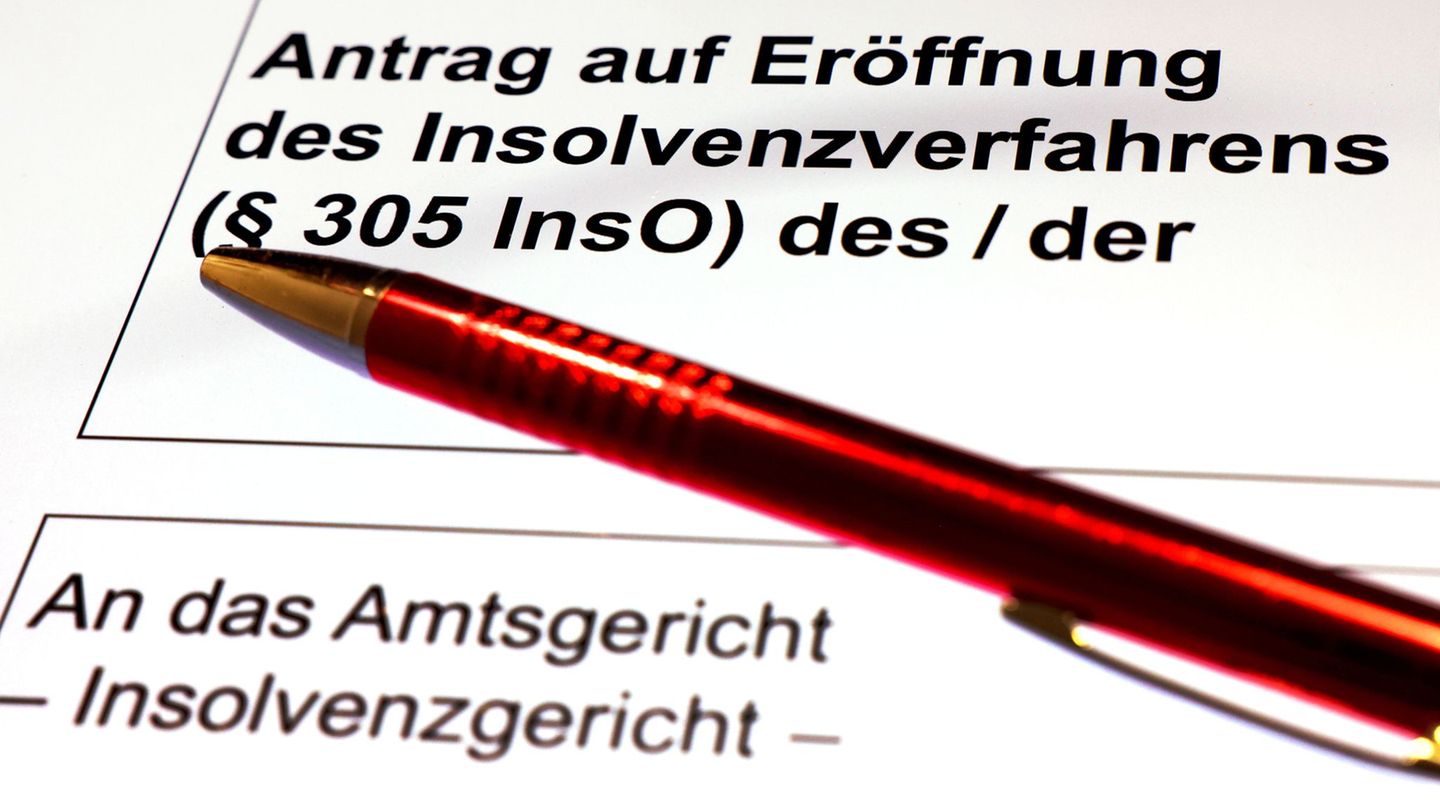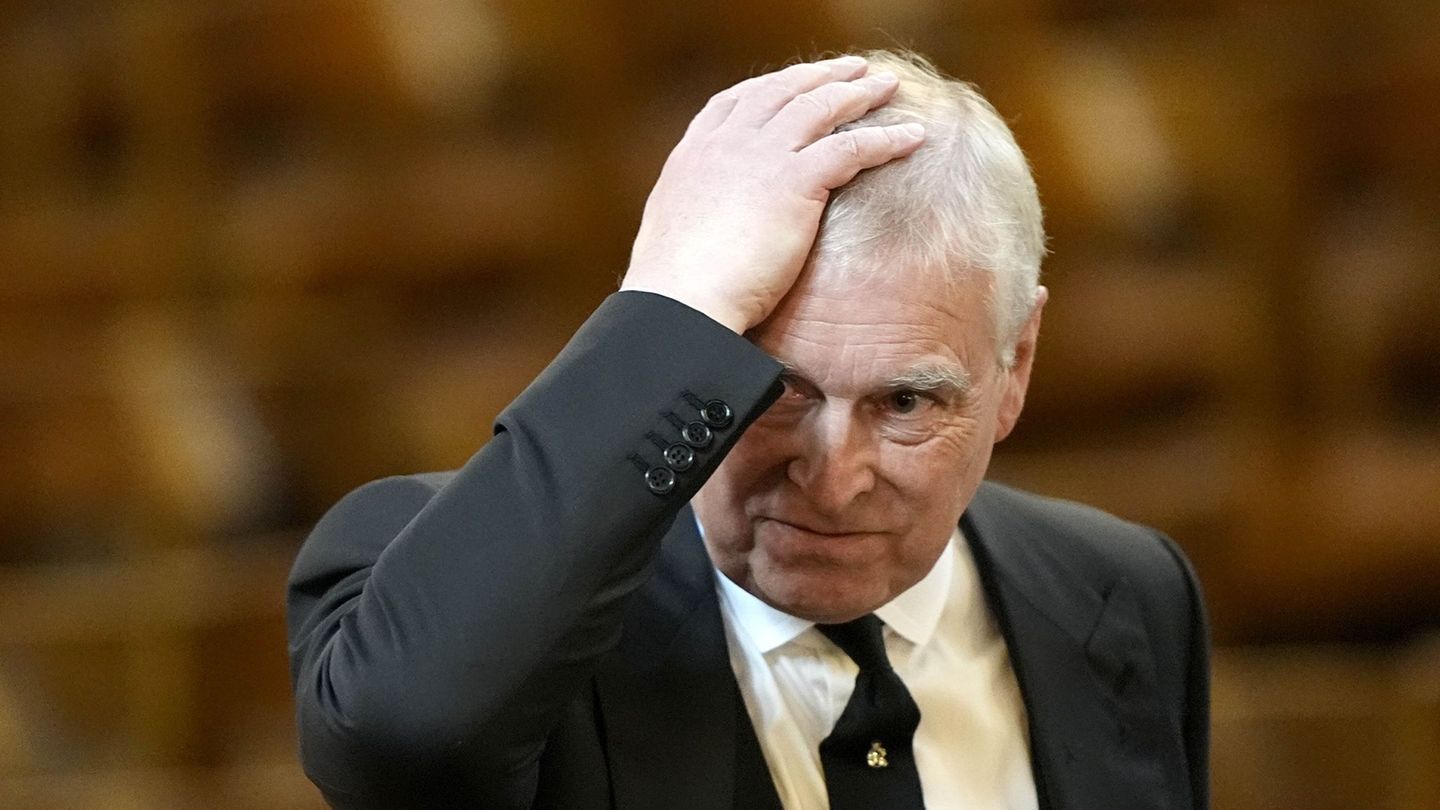Image: Volker Weihbold

Image: OÖN graphic
The first three months of 2023 make the CEO of the Austrian Federal Railways (ÖBB), Andreas Matthä, confident: Passenger numbers in long-distance transport are developing very well, and in local transport the pre-pandemic level of 2019 was reached. In the anniversary year of 100 years of ÖBB, this should lead to a passenger record with an expected number of more than 480 million. Last year, 447 million people were transported.
In the words of CEO Andreas Matthä, ÖBB closed the previous year with a “respectable result”. Earnings before taxes were EUR 193 million (after EUR 170 million). This result from operations – apart from public funds – is necessary in order to remain capable of investing. This is because ÖBB has to be able to afford the trains for private-sector long-distance transport (including night trains) on its own merits.

Image: OÖN graphic
Outgoing CFO Arnold Schiefer said that this result must increase in the medium term in order to be able to service loans and interest. When asked, it was said that it had to climb beyond the 300 million euro mark. This is against the background that ÖBB has ordered new train sets for 4.7 billion euros and intends to increase its seating capacity by 40 percent by 2030.
- ZIB 1: ÖBB draws a positive balance
Higher ticket prices
The largest contribution is needed from passenger transport, which will have to deliver more than 240 million in the medium term – last year it was 158 million. This contribution is fed from the ticket prices. In order to increase the result, the management is discussing whether to make a small price increase this summer and December or a larger price increase for the winter timetable change. According to Schiefer, the higher wage agreements alone would be reflected in an amount in the double-digit millions.
This vote is disabled
Please activate the category targeting cookies in your cookie settings to view this item. My cookie settings
A look at the figures shows once again that ÖBB is only partly a transport company, but also a major construction project developer: With total income of 7.4 billion euros, ÖBB invested 3.9 billion euros in the expansion and renewal of the Rail infrastructure invested.
There were federal funds of more than two billion euros for these investments. In view of the high investment, it was logical that the amount would increase, explained Matthä.
The federal and state governments paid 1.3 billion euros for ordered connections that ensure local transport. This amount fell by 165 million euros after Corona aid.
There was a subsidy of 110 million euros for the freight transport subsidiary RCA. Railway companies are calling for further support here because the difference between traction current and truck diesel is increasing and transports to the road are thus being lost. There should be 16 million euros this year via the back door of a reduced rail toll, said Matthä. At 29.4 billion, ÖBB’s debts have continued to rise. Matthä puts it into perspective: The tangible assets have increased more, the company has created substance and not lived from the substance.
In 1923 the ÖBB started with 112,740 employees, currently there are 42,600.
Source: Nachrichten




